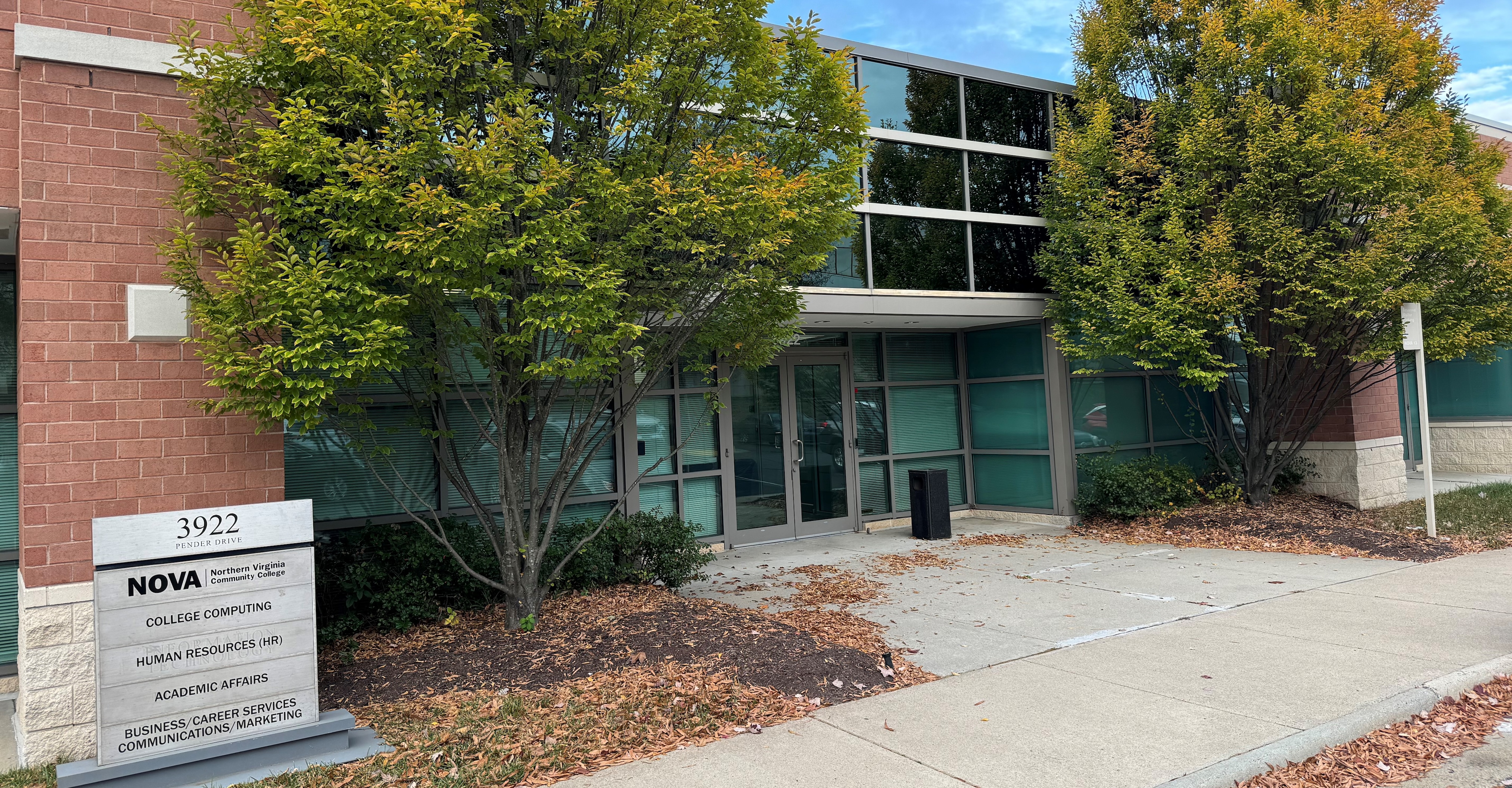Join Our Team
NOVA HR is dedicated to its workforce and strives to create a welcoming and harassment-free work environment, while attracting and retaining a highly qualified and diverse workforce.

NOVA HR is dedicated to its workforce and strives to create a welcoming and harassment-free work environment, while attracting and retaining a highly qualified and diverse workforce.
To be the best in class amongst HR professionals in higher education by attracting, developing, engaging and retaining top talent and providing exceptional service to our clients.
703.323.3110